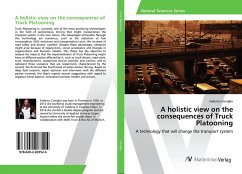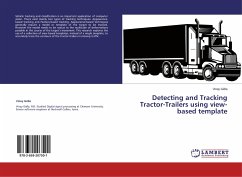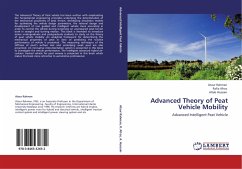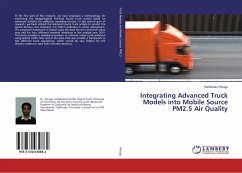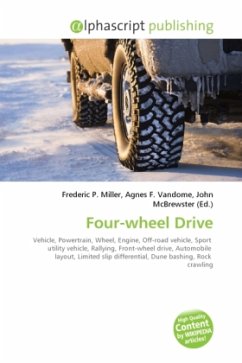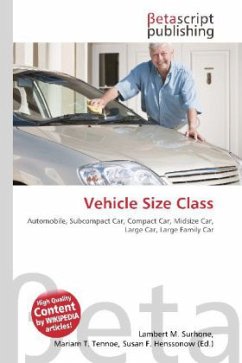Truck Platooning is, currently, one of the most promising technologies in the field of autonomous driving that might revolutionize the transport system in the near future. The advantages achievable through this technology are numerous, such as the reduction of fuel consumption, GHG emissions and transportation costs, the increase of road safety and drivers' comfort. Despite these advantages, obstacles might arise because of regula-tions, social acceptance and changes in organizations and business models. This thesis has the objective to analyse the impacts that the implementation of Truck Platooning might have on different parties affected by it, such as truck drivers, road users, truck manufacturers, platooning service provider and carriers, and to represent three scenarios that are respectively characterized by the second, the third and the fourth level of auton-omous driving. Based on deep desk research, expert opinions and interviews with the different parties involved, this thesis reports several suggestions with regard to organiza-tional aspects, innovative business models and actions.

